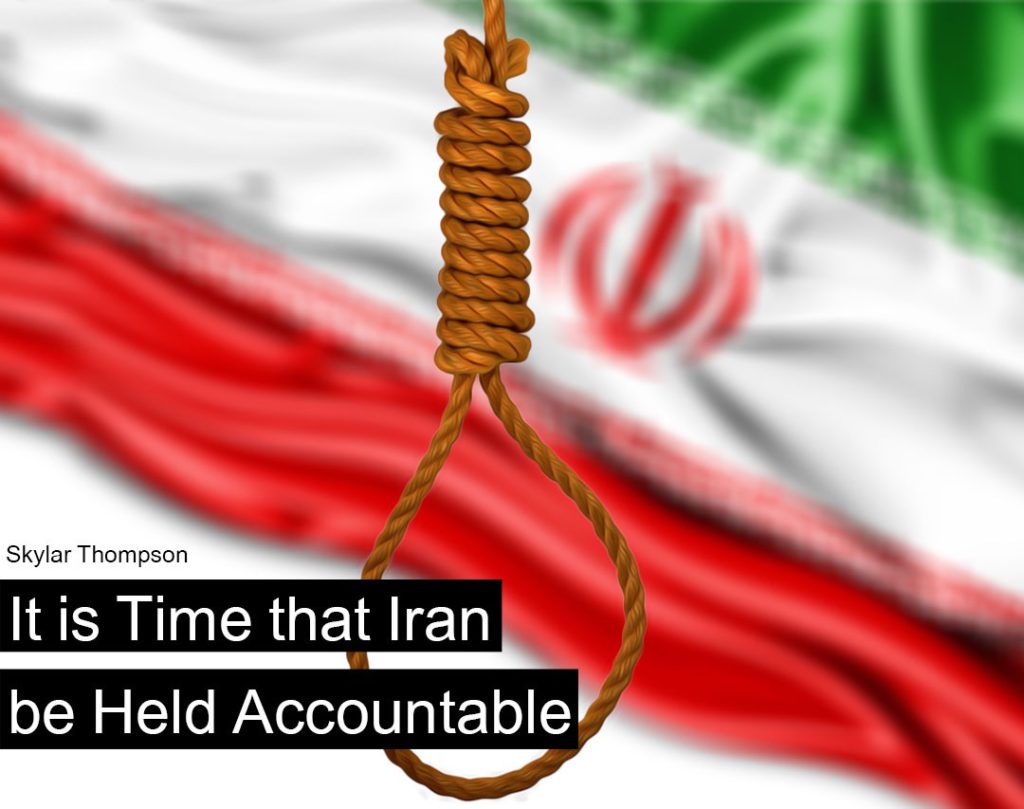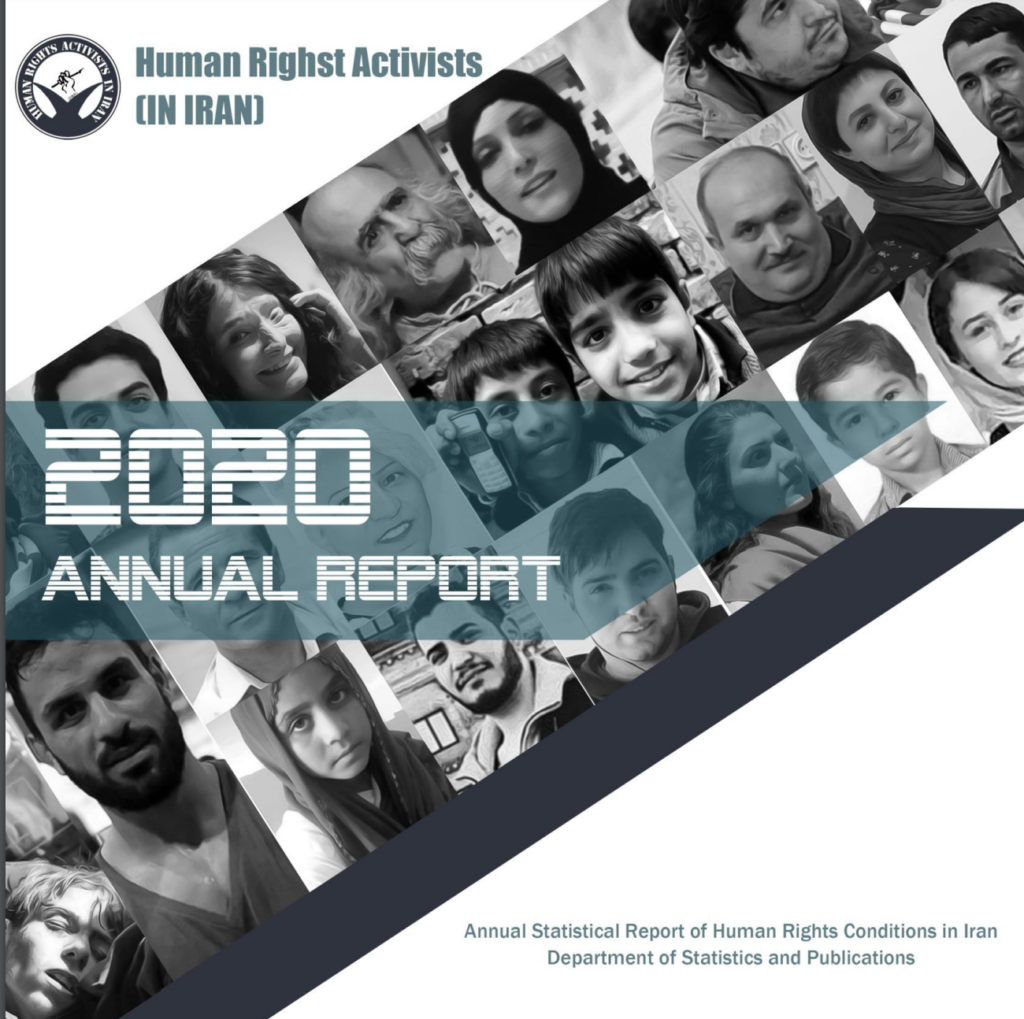Iran Prepares for a Presidential Election. Guardian Council Vets Six Candidates with Questionable Records
In the wake of Iranian President Ebrahim Raisi’s death last month, Iran is gearing up for a presidential election.
Historical Lack of Free and Fair Elections in Iran Dating Back Decades
Iranian elections have a dark past, consistently marked by a lack of free, fair, and transparent processes. In 2010, the highly disputed re-election of President Mahmoud Ahmadinejad led to widespread allegations of vote-rigging and fraud, sparking the largest protests since the 1979 revolution. The Green Movement, as it came to be known, saw millions of Iranians take to the streets demanding democracy and more. The government responded with a violent crackdown, resulting in numerous arrests, injuries, and deaths–some of those arrested remain detained today.
The 2021 election saw the lowest voter turnout in history, highlighting growing public disillusionment. Despite this, the ruling elite persist in claiming legitimacy, even as each election sees diminishing public participation. This lack of engagement underscores the deepening disconnect between the ruling elite and the general populace.
Six Candidates Cleared for Upcoming Iranian Presidential Election
As the upcoming election approaches, six candidates have been approved. The approval process for presidential candidates in Iran is overseen by the Guardian Council, a powerful body comprising six Islamic jurists appointed by the Supreme Leader and six jurists approved by the Parliament. This council rigorously vets each applicant, assessing their qualifications, political and religious beliefs, and backgrounds—not on true merit. As a result, numerous candidates are often disqualified, leaving only a select few approved to run in the election.
Iran has had a significant history in manipulating the elections. The 2009 presidential election in Iran was marred by significant controversy and accusations of fraud. After Mahmoud Ahmadinejad was announced as the winner with nearly 63% of the vote, widespread protests erupted, driven by opposition candidates who claimed vote manipulation. These protests, part of the Iranian Green Movement, persisted into 2010. The government’s violent suppression of these protests, resulting in deaths and arrests, further fueled beliefs of a rigged election. Prominent opposition figures such as Mir Hossein Mousavi, his wife Zahra Rahnavard, and Mehdi Karroubi, leaders of the 2009 Green Movement, have been under house arrest since February 2011. Despite international outcry their situation remains unchanged, with severe restrictions on their communication and movement. Mehdi Karroubi, vocal in his criticism of the Iranian government’s actions, including its handling of incidents like the downing of a Ukrainian passenger plane, has faced worsening health conditions under house arrest. His attempts to hold the Iranian leadership accountable have led to increased restrictions on his freedoms. The continued detention of these opposition figures without trial has been condemned internationally, with entities such as the UN calling for their immediate release.
In the 2021 presidential election, controversy arose even before voting began, with the Guardian Council disqualifying many popular candidates, seen as a move to ensure the victory of hardliner Ebrahim Raisi. This election saw the lowest turnout in the history of the Islamic Republic, at around 49%, with a significant portion of protest votes. International observers and human rights organizations dismissed the election as neither free nor fair, labeling it a “show election.” Voter turnout in Iran’s presidential elections has been on a declining trend over the past two decades, reflecting growing public disillusionment with the electoral process. Notably, turnout was around 85% in 2009, despite controversies, likely due to a highly polarized environment. It saw a slight decline to around 72% in 2013, remained stable at about 73% in 2017, and drastically fell to a record low of approximately 49% in 2021. This decline has been attributed to widespread skepticism about electoral integrity and the pre-selection of candidates by the Guardian Council. Statistics on voter turnout are usually provided by the Iranian government, which is often accused of reporting higher participation figures than the reality.
This rigorous and vetting process lacking any transparency narrows the pool of candidates presented to voters, limiting genuine political competition and reducing the electorate’s ability to choose from a diverse range of political views. The skewed candidate selection process undermines the claim of a democratic nature to the elections, reinforcing the status quo of the ruling elite and perpetuating the brutal suppression of human rights across the country.
The upcoming election is a stark example of this process. The Guardian Council has officially announced the list of approved candidates. The final slate of candidates includes:

Masoud Pezeshkian: b.1954 (70), Mahabad. Former Minister of Health. He had previously ran for the presidency in 2013 but withdrew and in 2021 was disqualified by the Guardian Council for the election. Pezeshkian has a demonstrated history of involvement in restricting access to the highest attainable standard of health while additionally being implicated in unethical practices involving condoning the violation of women’s rights.
Mostafa Pourmohammadi: b.1959 (65), Qom. Former Minister of Interior and Justice, and Revolutionary Prosecutor notorious for his involvement in the mass executions of the 1980s. He was a member of the “Death Squad” in 1988, notorious for the mass executions of political prisoners that summer. Since 2021, he has been the President of the Center for IslamicRevolution Documents. More details
Saeed Jalili: b. 1965(59), Mashhad. Secretary of the Supreme National Security Council (2007-2013). Member of the Strategic Council on Foreign Relations, has a history of systematic repression of political activists and notable complicity in the brutal crackdowns on peaceful protests. Notably, Saeed Jalili was the Secretary of the Supreme National Security Council when the house arrest decision of the aforementioned Green Movement leaders was carried out in 2010. More details
Alireza Zakani: b. 1965 (59), Rey. The current mayor of Tehran and former head of the Basij Student Organization, he was involved in the events of July 9, 1999, and the attack on Tehran University dormitory. Alireza Zakani has a long history of persecuting minorities and political opponents. He was previously disqualified from the 2013 and 2017 presidential elections. During Zakani’s tenure, a group called the HijabBans was established to oversee women’s dress codes in Tehran’s metro. Zakani has been sanctioned by the UK for his involvement in serious human rights violations. More details
Seyed Amir-Hossein Ghazizadeh Hashemi: b. 1971 (53), Fariman, Khorasan Razavi Province. Former Deputy Speaker of Parliament (2020-2021) Current Vice President of Iran and head of the Foundation of Martyrs and Veterans Affairs and Member of the Islamic Revolution Stability Front since 2019. Hashemi has been a staunch supporter of the so-called Hijab bill as well as the ‘Protection of Users’ Rights and Basic Applications in Cyberspace’ which seeks to restrict free access to the internet among other things. More details
Mohammad Bagher Ghalibaf: b. 1961 (63), Torghabeh, Khorasan Razavi Province. Former Commander Of the IRGC Air Force (1997-2000). Speaker of the Iranian Parliament, has long maintained leading involvement in the illegal crackdown on peaceful protestors including their arbitrary detentions and torture. Ghalibaf himself has spoken publicly about his involvement in and support in such actions. In addition, Ghalibaf is a staunch supporter of the so-called Hijab bill. More details
The elections, rather than serving as a tool for the people to express their will, act as a mechanism for the ruling authorities to present outward legitimacy. This can be seen notably in the candidacy of individuals who played leading roles in the arrest of protestors in 2010 following disputed elections.
It is noteworthy that several other prominent figures applied but were not approved by the Guardian Council to run in the upcoming election. This list includes:
Eshaq Jahangiri: Former First Vice President
Mehrdad Bazrpash: Current Minister of Roads and Urban Development
Sowlat Mortazavi: Current Minister of Cooperatives, Labour and Social Welfare
Mahmoud Ahmadi Bighash: Former IRGC commander
Mostafa Kavakebian: Former representative of Tehran in the Parliament. More details
Sayyid Shamseddin Hosseini: Former Minister of Economic Affairs and Finance
Abdolnaser Hemmati: Former Governor of the Central Bank
Mahmoud Ahmadinejad: Former President
Mohammad Mehdi Esmaeili: Current Minister of Culture and Islamic Guidance. More details
Vahid Haghanian: Former Executive Deputy of the Office of the Supreme Leader
Ali Larijani: Former Speaker of the Parliament. More details
Elias Naderan: Former MP
Hasan Sobhani: Former MP
Hasan Kamran: Former MP
Ahmad Akbari: Former MP
Ghasem Jasemi: Former MP
Hamideh Zarabadi: Former MP
Mohammad Nazemi Ardakani: Former Minister
The current configuration severely limits any potential for significant political change from within the system, effectively making the elections a mere formality. The process ensures competing interests do not become a true threat to the ruling elite. Moreover, the Guardian Council’s role extends to overseeing the presidential elections themselves, further ensuring that the elected president will align with the broader interests of the ruling elite, thereby maintaining the status quo.
This system reveals a façade of democracy, where the true power dynamics operate on a level that is far removed from the democratic ideals professed to the public. The system not only undermines the democratic essence of elections but also perpetuates a cycle of power that is self-serving for those at the helm.








